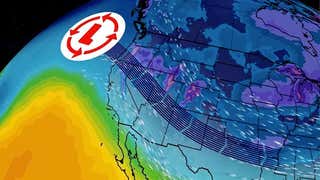TOP STORY

Jarrow 14-Day Weather Forecast
Check out the weather forecast for the next two weeks in Jarrow. Detailed daily weather will help you plan ahead for sunny, cloudy, rainy, or cold days! Day 1: Sunday, February 9, 2025 Weather: Afternoon clouds High Temperature: 7°C Low Temperature: 2°C Wind Speed: 18 km/h Precipitation Chance: 5% Humidity:...


























